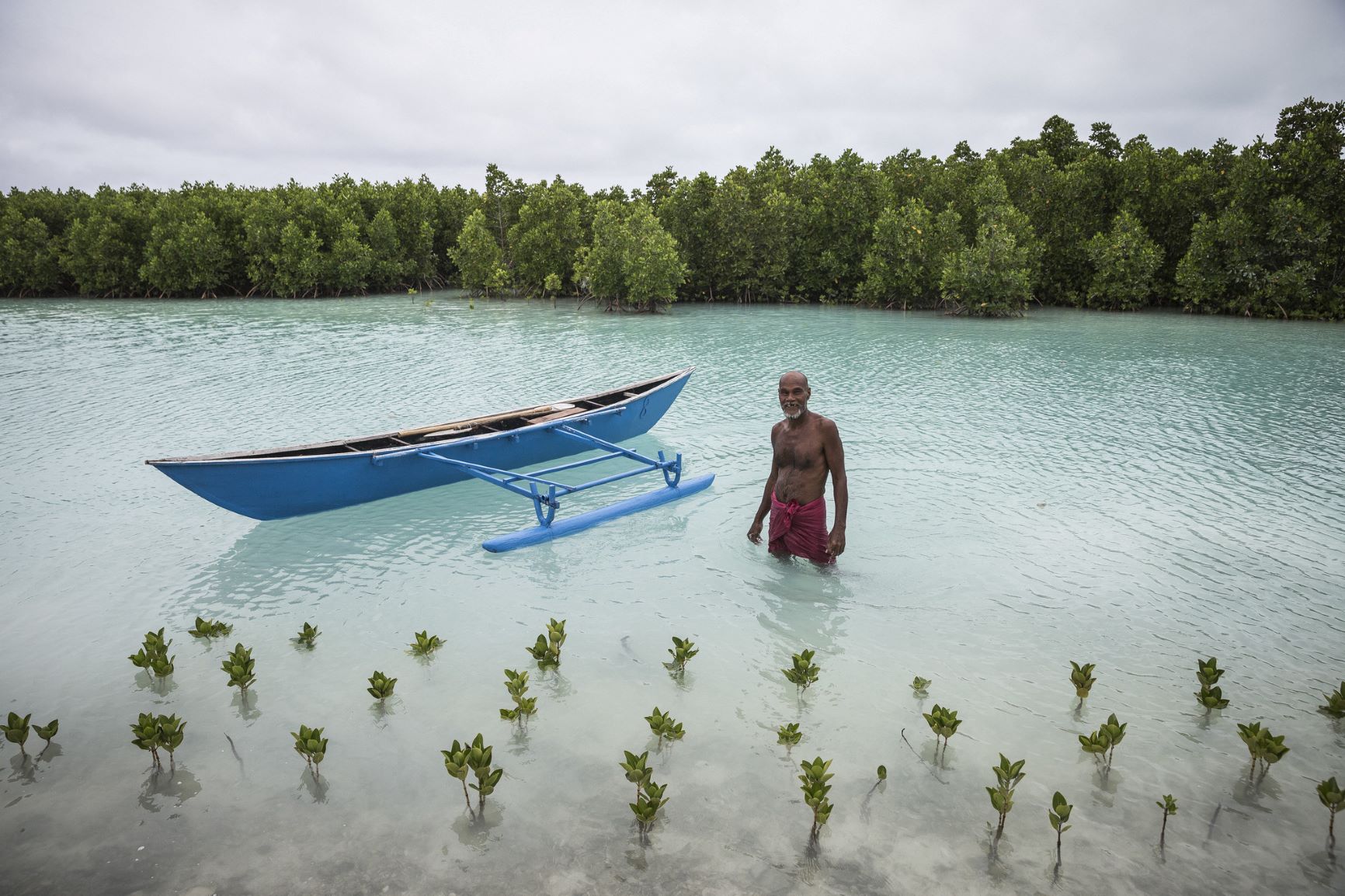The Pacific region has relied on traditional knowledge from time immemorial to predict bad weather. Across our ocean of islands, sightings of low-flying frigates, or an abundance of breadfruit in a particular season can warn of impending cyclones and even their intensity, allowing time for communities to store and preserve food before disaster.
This traditional knowledge has been tested and relied upon for generations. Local or traditional knowledge and systems are critical for the survival and progress of Pacific peoples.
Proponents of the utilisation of traditional knowledge in the context of climate change and resilience argue that these bodies of knowledge continue to dictate island communities’ daily lives, and therefore associated languages and indigenous calendars are a lot more effective as well, as communication tools for preparedness.
Discussions at the recent virtual Pacific Resilience Meeting (PRM) organised by the Pacific Resilience Partnership and chaired by the Pacific Community brought to the fore examples of indicators that continue to forecast the weather for island communities, and the importance of recording such knowledge and ensuring they are incorporated into mainstream learning spaces.
Some indicators used in Tuvalu include cracks on the ground which warn of a drought, frenzied food gathering by brown and black ants warn of bad weather, flocks of the katafa (black bird except for its white chest) flying low warns of strong winds, and a much thicker dark ring around the moon warns of heavy rain.
Discussions underline the continuing relevance of traditional knowledge in climate sciences. What is lost on those who dismiss traditional knowledge is that while the indicators remain, it is the timelines which have shifted, disarranging the seasonal delineations we are used to.
There is concern we are not recording current shifts and related manifestations. This is important if we are to maintain or update our (largely oral-based) traditional knowledge repositories.
For the full story, login to your account today.
